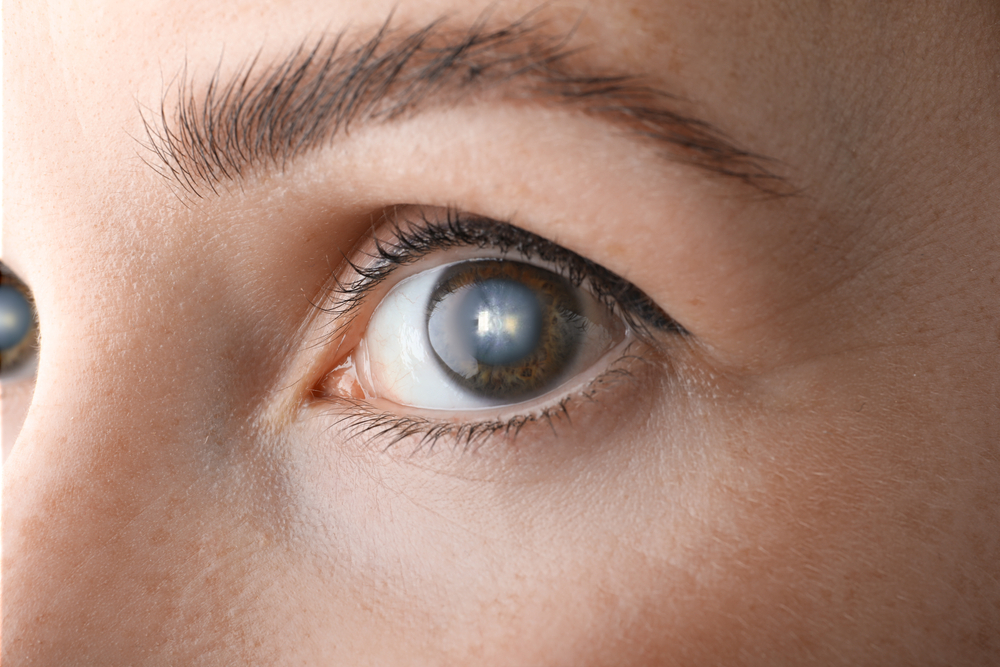
Cataracts are a common eye condition that affects millions of people worldwide. They occur when the lens of the eye becomes cloudy, leading to a decrease in vision. By protecting your eyes and attending regular eye check-ups, you can reduce your risk of developing cataracts and maintain optimal eye health.
Understanding the Causes of Cataracts
While age is the primary risk factor for developing cataracts, there are several other causes that can contribute to their formation. Exposure to ultraviolet (UV) radiation from the sun is a known risk factor, so wearing sunglasses that block UV rays when outdoors can help protect your eyes. Smoking and excessive alcohol consumption have also been linked to an increased risk of cataracts, so quitting smoking and moderating alcohol intake can have a positive impact on eye health.
Certain medical conditions, such as diabetes and high blood pressure, can increase the likelihood of developing cataracts. It is important to manage these conditions and keep them under control to minimize the risk. Additionally, long-term use of certain medications, such as corticosteroids or statins, may also contribute to cataract formation. If you are taking any medications on a regular basis, it is advisable to discuss the potential side effects with your healthcare provider.
Common Symptoms of Cataracts
Recognizing the symptoms of cataracts is crucial for early detection and treatment. Some common signs include blurry or hazy vision, difficulty seeing at night or in low-light conditions, increased sensitivity to glare, and the perception of faded or dull colors. You may also experience frequent changes in your glasses prescription or the need for brighter lighting to read or perform daily tasks.
Tips for Preventing Cataracts
While there is no foolproof way to prevent cataracts, there are several steps you can take to help reduce your risk and promote overall eye health. Here are some tips to consider:
- Protect your eyes from UV radiation: Wear sunglasses that block 100% of UV rays whenever you are outdoors, even on cloudy days. Look for sunglasses with a label indicating their ability to block UV rays.
- Quit smoking and limit alcohol consumption: Smoking and excessive alcohol intake have been shown to increase the risk of cataracts. Quitting smoking and moderating alcohol consumption can benefit not only your eye health but your overall well-being.
- Eat a healthy diet: Nutrients like vitamins C and E, along with antioxidants found in fruits and vegetables, have been associated with a reduced risk of cataracts. Include foods rich in these nutrients, such as citrus fruits, berries, leafy greens, and colorful vegetables, in your diet.
- Maintain a healthy weight: Being overweight or obese can increase the risk of cataracts. By maintaining a healthy weight through regular exercise and a balanced diet, you can help protect your eyes.
- Manage underlying health conditions: Conditions like diabetes and high blood pressure can contribute to cataract formation. Follow your healthcare provider's recommendations for managing these conditions, including taking prescribed medications and monitoring blood sugar or blood pressure levels.
- Limit prolonged exposure to digital screens: Extended periods of time spent staring at digital screens can strain your eyes. Take regular breaks, practice the 20-20-20 rule (look away from the screen every 20 minutes and focus on an object 20 feet away for 20 seconds), and ensure your screen is at a comfortable distance and angle.
The Importance of Regular Eye Check-Ups
Regular eye check-ups are essential for maintaining optimal eye health and detecting cataracts at an early stage. The American Academy of Ophthalmology recommends that adults have a comprehensive eye examination at least once every two years, or more frequently if advised by your optometrist.
During an eye examination, your doctor will evaluate your visual acuity, check for any changes in your prescription, and examine the structures of your eyes, including the lens. They may perform additional tests, such as a dilated eye exam or optical coherence tomography (OCT), to gain a more detailed view of the inside of your eyes.
Early detection of cataracts allows for timely intervention and management strategies to be implemented. Depending on the severity of the cataracts and the impact on your vision, your doctor may recommend lifestyle changes, the use of corrective lenses, or surgical intervention, such as cataract removal and replacement with an artificial lens.
Schedule Your Next Eye Exam at Today’s Vision Bulverde
Cataracts are a common eye condition that can significantly impact your vision and quality of life. While age is the primary risk factor, there are several steps you can take to help prevent their formation or delay their progression. By protecting your eyes from UV radiation, adopting a healthy lifestyle, and attending regular eye check-ups, you can reduce your risk of developing cataracts and maintain optimal eye health. Early detection is key, so be aware of the symptoms and seek professional advice if you suspect cataracts may be affecting your vision.
Schedule a comprehensive eye examination today to ensure the health of your eyes and detect any potential cataracts early on, visit Today’s Vision Bulverde at our office in San Antonio, Texas. Call (210) 307-4749 to book an appointment.











